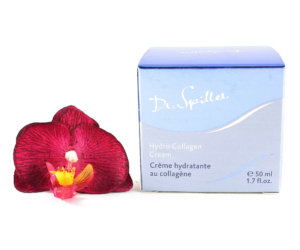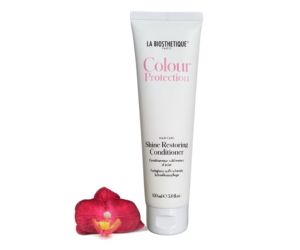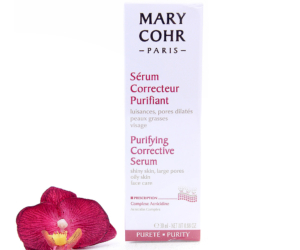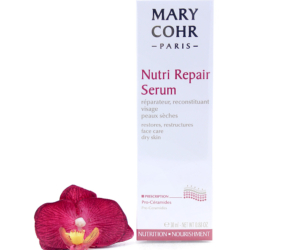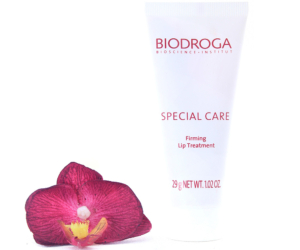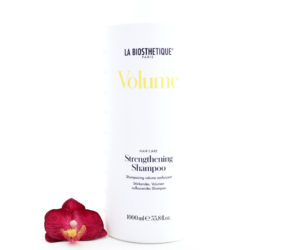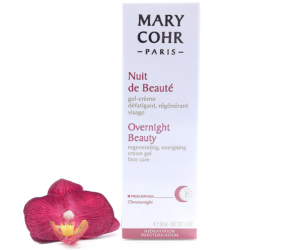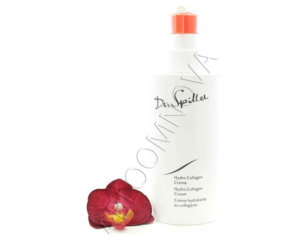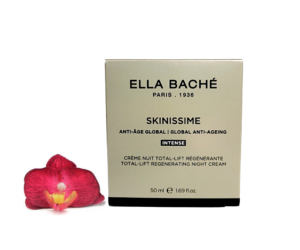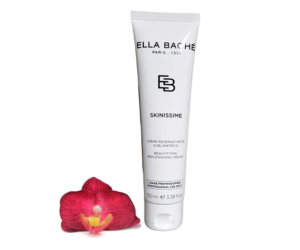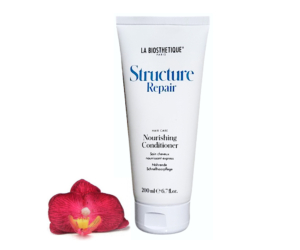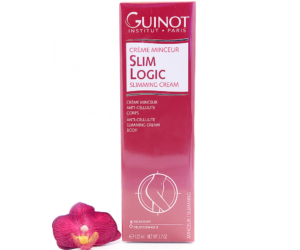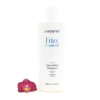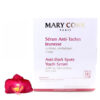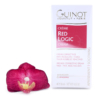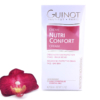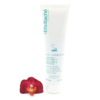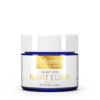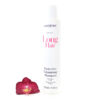Dr Spiller
How to choose the right moisturiser
Moisturising saves the day (and your skin) by providing a little bit of water and uses oil to trap existing moisture. The American Academy of Dermatology recommends applying moisturiser (loving Dr. Spiller Biomimetic Skin Care Vitamin A Day Cream at the moment – great for all type of skin) right after washing your face and patting it dry.
Thanks to LifeHacker, we’ve been learngn about how moisturisers can usually be found as a lotion, oil, ointment, or cream. Just as you did with your facial cleanser, choose your moisturizer based on your skin type. You’ll know if a moisturiser fits your needs almost immediately. It should feel nice and pleasant when you apply it. A moisturiser that doesn’t agree with your skin type usually leaves you still dry and uncomfortable, or worse, stings shortly after applying it.
For People with Oily Skin
Even though oily skin means you can retain moisture better than some other skin types, you’re still susceptible to the cold, harsh weather, or wind and dry environments in warmer months. You probably want to avoid oils (like coconut oil) to minimize that “heavy” feeling and greasy shine. Dr. Cynthia Bailey, MD, a board-certified dermatologist from California, told me that oily skin types would do great with oil-free moisturisers that have hyaluronic acid and glycerin.
For People with Dry Skin
Those of us with conditions like eczema are more prone to very dry skin, but sometimes it’s not enough to just slap on gobs of moisturiser over and over through the day. Lotions and moisturisers that contain shea butter, jojoba oil, or coconut oil work well. If you’re not a fan, try cream-based moisturisers since there’s more oil in cream. And for really, really dry skin, the AAD recommends looking for urea, lactic acid, hyaluronic acid, dimethicone, lanolin, or mineral oil in the ingredients label.
For People with Sensitive Skin
Truly sensitive skin has a weakened immune function, as those with eczema and psoriasis have. This means they’re more easily irritated by certain ingredients and fragrances (even ones labels claim are “natural”) in the moisturiser. Unscented, hypoallergenic moisturisers that contain aloe or chamomile are awesome. Dr. Bailey suggests avoiding “anti-aging” ingredients, such as retinoids, alpha hydroxy acid (AHA), and beta hydroxy acid (BHA).
For People with “Normal” Skin
If your skin is neither too oily or too dry, you have normal type and are the envy of people with other skin types. Keep your moisturiser neutral, light, and non-greasy. Most moisturizers made for normal skin contain lightweight oils or silicone-based ingredients, such as cyclomethicone.
For People with “Combination Skin”
Combination skin refers to having normal skin type around your cheeks but an oily forehead and area along your nose, also known as the T-zone. You probably don’t need extra moisturiser along your T-zone, but Dr. Bailey recommends the heavy-duty moisturising stuff for other areas like your cheeks, chin, and sides of your jaw. Similar to those with normal skin, simple, neutral, and light moisturisers do the trick.

 Français
Français Русский
Русский
